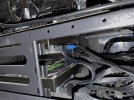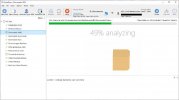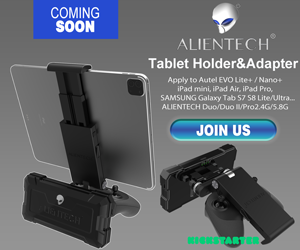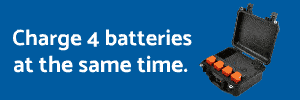- Joined
- May 15, 2021
- Messages
- 355
- Reaction score
- 293
- Location
- Rural New York State
- Website
- flypart107.aero
Me, I like Seagate Exos Enterprise drives. Just added another 8TB internal today.

It's the one on top. The one on the bottom looks like an Ironwolf, which I usually use for NAS drives. I probably didn't have an Exos handy when I installed it.
Between the computers and the NAS, I'm pretty sure I'm sitting in the middle of more storage than existed in the world when I first started messing around with computers. (They didn't have hard drives back then.)
My other favorite parts:
Motherboards: Gigabyte or MSI
PSU's: Corsair
Cases: Thermaltake
Fans: Noctua
RAM: G.SKILL Ripjaws
GPU's: NVIDIA, usually by EVGA
Micro SD Cards: Right now, PNY Elite Pro
Becoming one of my favorites is pretty easy: Companies whose parts don't fail get on there pretty quickly. If they're competitively priced, as well, so much the better.

It's the one on top. The one on the bottom looks like an Ironwolf, which I usually use for NAS drives. I probably didn't have an Exos handy when I installed it.
Between the computers and the NAS, I'm pretty sure I'm sitting in the middle of more storage than existed in the world when I first started messing around with computers. (They didn't have hard drives back then.)
My other favorite parts:
Motherboards: Gigabyte or MSI
PSU's: Corsair
Cases: Thermaltake
Fans: Noctua
RAM: G.SKILL Ripjaws
GPU's: NVIDIA, usually by EVGA
Micro SD Cards: Right now, PNY Elite Pro
Becoming one of my favorites is pretty easy: Companies whose parts don't fail get on there pretty quickly. If they're competitively priced, as well, so much the better.





